|
And going to a state school doesn't mean you won't get a Stanford education. When I started Paved With Verbs, the idea was to offer college counseling and essay services. However, I quickly discovered that the top two mistakes students make on their college applications have nothing to do with writing. The first mistake is that they don't have amazing recommendations. They have good ones. Or okay ones. Which is sort of a red flag: it means that you've managed to take countless AP and honors classes. You've gotten more A's than you know what to do with. But, somehow, you never got to know any of your teachers. It suggests that you don't care about getting to know your teachers. You don't care about digging any deeper into any of the topics you learned about in class. You just want the grade. The advantage of going to Stanford isn't that you have amazing opportunities to take classes. Every university has classes. Every community college has classes. Even the internet has classes. If classes is what you want, you don't even have to get out of bed for that. The second mistake students make is that they don't have much to write about. They look me in the eye and say, "I just don't have a lot of life experiences," or, "I've never really done anything interesting." This, too, is a red flag for admissions officers. It reinforces the message that you only care about grades. If you've never struggled or failed, you haven't tried something no one else has tried before. If you've never identified a problem in the world, or even just your community, that you'd like to solve... it means you're not paying attention. Besides your GPA, which will never make you stand out, what would you contribute to the Stanford student body? *** That is why I became a Life Coach for Gifted Youth. I wanted to start working with students, starting as early in their high school career as possible, to give them the skills, mindset, creativity and curiosity to get a Stanford education... no matter where they end up going to college. Ostensibly, the goal for many of my students is to maximize their chances of getting into their first-choice school. But they won't get there with grades and test scores alone. As I shared in my recent infographic, 69% of Stanford applicants with a perfect 2400 on the SAT still got rejected from Stanford. That is why the aforementioned skills are so important. By creating opportunities, relationships and experiences, you maximize your chances of getting into a school like Stanford -- while simultaneously demonstrating to admissions officers that, once you get to Stanford, you won't be a "waste of space." "A waste of space." What could I possibly mean by that? Back in 2007-2008, I was a junior at Stanford. It was one of the silliest and most educational years of my life. It started out with hunting and gathering my own food in the Great Sandy Desert of Australia, where I was participating in an overseas research seminar with Professor Doug Bird. I took the fullest allowable course load that fall -- but one of those courses was actually a weekly seminar, supplemented with undergraduate research in the Stanford Psychology Department. Although what I did sounded kind of glamorous (I did qualitative analysis by thematically coding questionnaire responses and interview transcripts)... it really wasn't. However, it showed me what psychology research actually looks like. The quarter flew by, and soon it was Christmas break. I flew home to Iowa, and met everyone who was running for president that year. I met the entire Clinton family -- and their buddy Magic Johnson! Twice. (The second time, Hillary even signed an Atlantic article I'd been reading about her.) I met the Obamas. And Joe Biden, even though I'd never heard of him before and had no idea who he was. I had a cocktail with John McCain, and asked Mike Huckabee a bloody, drool-y, unintelligible question about energy... about twenty minutes after having my wisdom teeth removed. (I'd opted for local, rather than general, anesthetics, because I had a question and I just had to ask. I HEARD MY TEETH GETTING CRUNCHED TO BITS INSIDE MY OWN SKULL FOR YOU, MIKE HUCKABEE!) Oh, and look who I ran into on my way to the caucus: Each night, I'd call my buddy Red and talk about who I'd met and what I'd learned that day. He'd tell me his thoughts on each candidate -- and excitedly ask questions like, "If you meet Chris Dodd, can you ask him ___?" Back at school, I took a developmental psychology class that had a co-requisite research/observation component in Stanford's one-of-a-kind Bing Nursery School -- and I'm quite literally still talking about the things I learned there. (I actually ran a children's literacy blog for several years after graduation, which was based heavily on my Bing experiences.) Moving into spring, I organized a Bodega Bay retreat for my dorm (Stanford puts a lot of money into residential education and programming -- why not claim some of it for myself and plan an amazing weekend for my friends?): Thanks for the beach house, Stanford! -- Yost Residents Rigged a sailboat hull we'd gotten for free from Craigslist, so that fellow students could enjoy a sail on the lake: Played in a "rock show" with a cello and two flutes: And put together Floatopia, a build-your-own-boat party that, in my opinion, was one of the best parties anyone's ever thrown at Stanford: After Floatopia, I was out in the couch-boat with my friend Ben. While discussing some of the opportunities that are available at Stanford, he sighed, "Yeah. Too bad so many students here are a waste of space." At the time, I thought Ben was just being a Negative Nancy. But I slowly began to realize that, actually, I was being naive. The admissions office tries their hardest to select the brightest, hungriest and most curious applicants. But when all you really know about someone is their transcript, test scores and a couple of essays, it's easy to pick students who are going to come to Stanford... and not take advantage of the money, resources and faculty Stanford has to offer. Even at a place like Stanford, it's pretty common to see students show up for office hours only because they want homework help, and not because they'd love to chat with their Nobel Prize-winning professor about how he got interested in chemistry. It's pretty common for students to raise their hands in class and ask, "Is that going to be on the exam?" It's students like these, who, in my opinion, are only getting a "state school education." But the good news is... lots of students who get rejected from Stanford still get a Stanford education! It's harder work, but they can still do it. At Stanford, opportunities are hanging right in front of us -- all we have to do is seize them. At other schools, the opportunities are still there. You might just have to jump or climb a tree to get them. If you have the right mindset, you can still figure out a way to do anthropology research in Australia. You can still get involved in undergraduate research. You can still go to office hours and ask challenging questions to renowned professors. And, if you're from Iowa, you can still meet everyone who's ever run for president in your whole life. (I mean, come on! That opportunity had nothing to do with my enrollment at Stanford. Anyone from Iowa could have done that, if they'd wanted to!) Maybe you won't have access to the Bing Nursery School... but you can still get involved with a progressive educational institution like the Millennium School or Challenge Success. The best way to show admissions officers that you're not going to be a "waste of space" at Stanford... is to start now. Don't just take honors classes and SAT prep courses -- especially if you go to a top private or public school! Instead, begin finding and creating opportunities. Figure out something -- even something super niche -- that you can be the best at in the whole world. Do something no one's ever done before. Build or write something only you can. Open your eyes, and begin finding and solving problems in your community. Best case, you do these things, learn some amazing life skills, and totally get the most out of your dream school. Worst case, you don't get into your dream school... but you still get a world-class education. And, sure. There's some prestige associated with Harvard or Stanford or Duke. That will open lots of doors after graduation... for about five minutes, when there's nothing else on your resume. But pretty soon, your professional accomplishments are going to speak for themselves. And that is when you are going to shine.
5 Comments
Meeta
11/1/2015 03:05:52 pm
Thank you for writing with so much honesty. I like your perspective and have read all your blog posts. Love them all.
Reply
11/2/2015 01:06:44 pm
Thanks for commenting -- I try to share my experiences and research to help people question the status quo, and move from making goals based on what they "should" to, to goals that they "WANT" to do.
Reply
11/22/2023 02:31:46 pm
Gaining Expertise in the Field
Reply
1/25/2024 08:34:46 pm
Tim Hortons, a renowned restaurant in Canada, offers customers a valuable opportunity to provide feedback through their survey. By taking part in the survey at https://telltims-ca.co/survey/, participants stand a chance to win an Iced coffee with frenched Vanilla for a discounted price of $1. This incentive encourages customers to share their opinions and contribute to the restaurant's continual improvement. Don't miss this chance to both voice your feedback and potentially enjoy a delicious treat at a great value.
Reply
Leave a Reply. |
AuthorEva Glasrud completed her B.A. and M.A. at Stanford. She is now a college counselor and life coach for gifted youth. Archives
October 2022
Categories
All
|
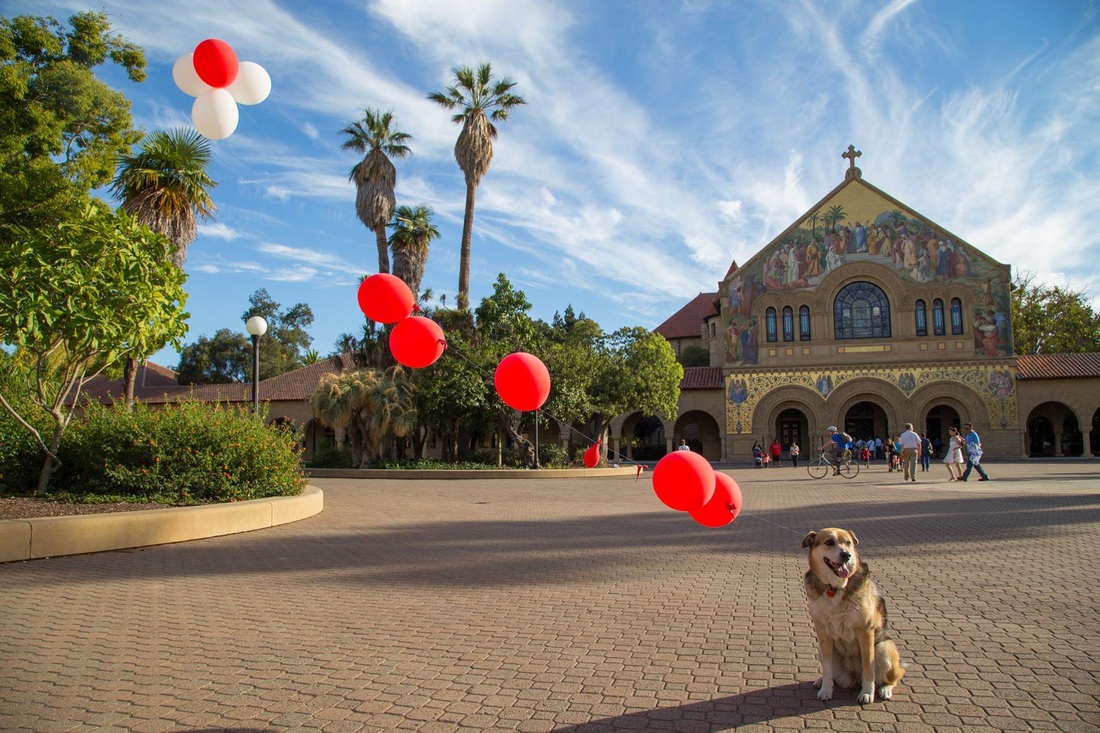
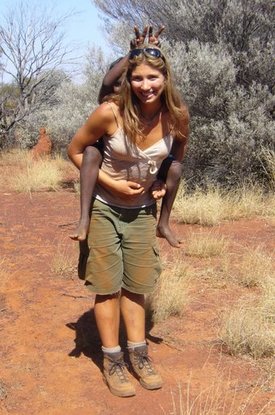
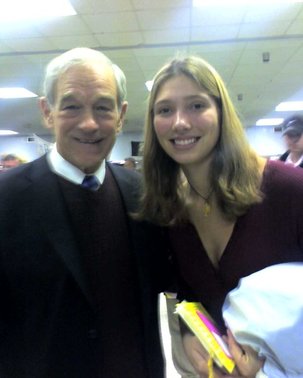
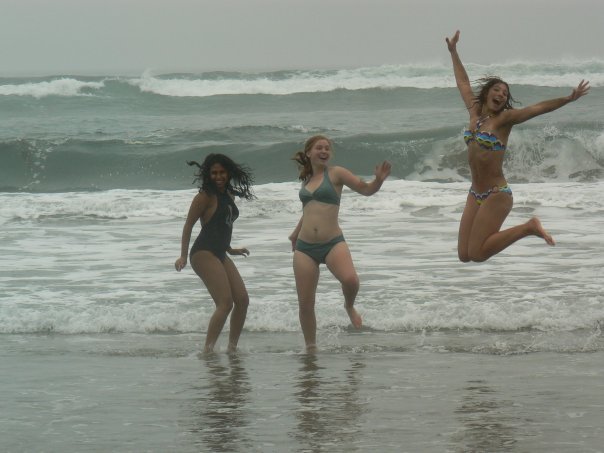
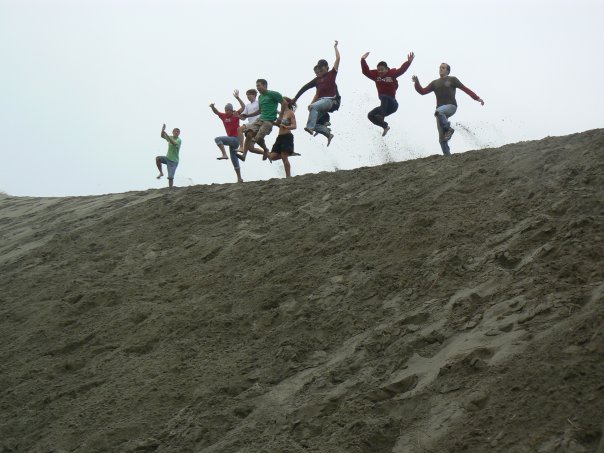
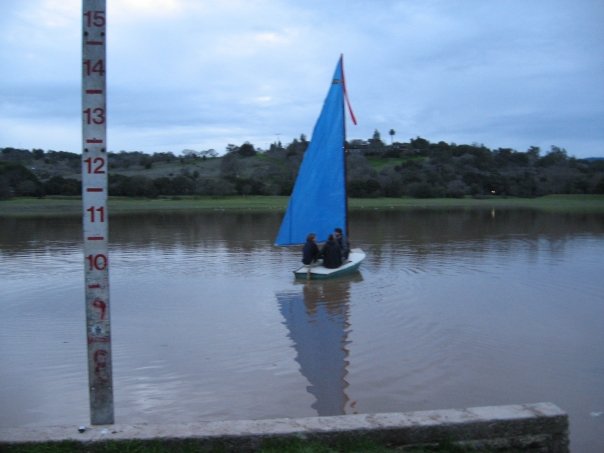
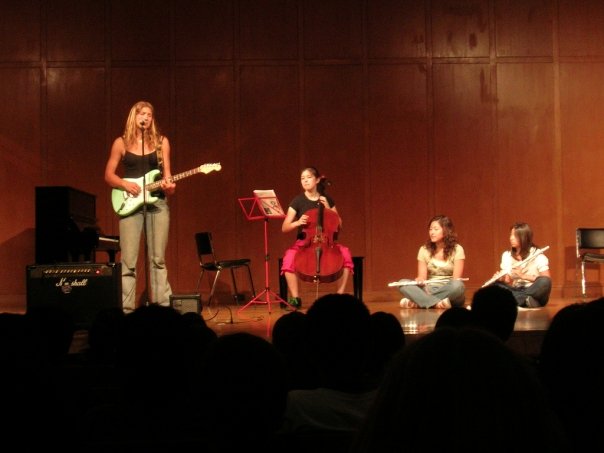
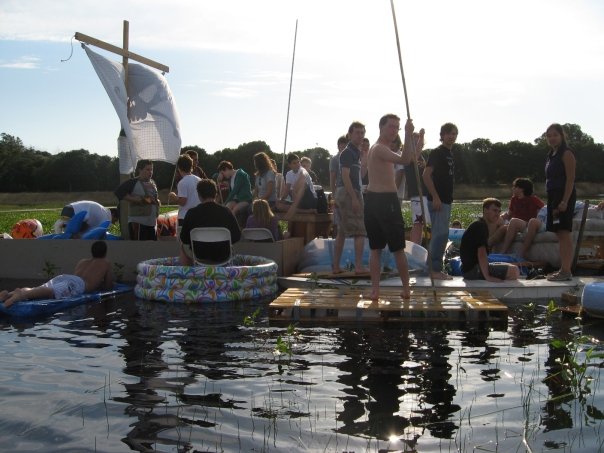
 RSS Feed
RSS Feed